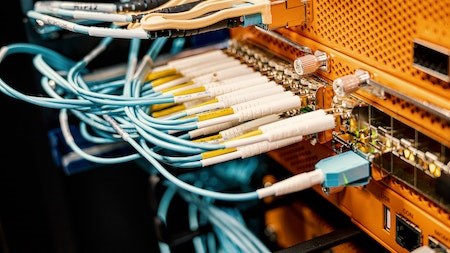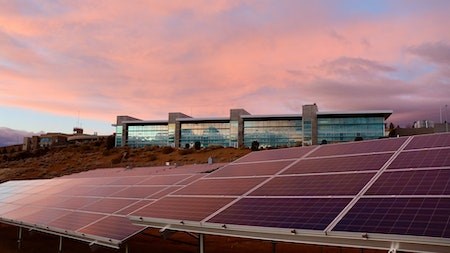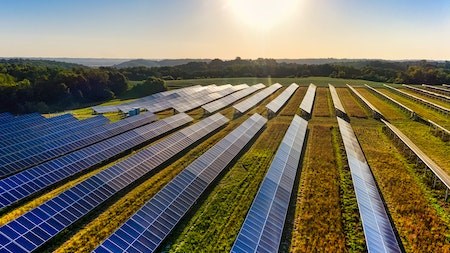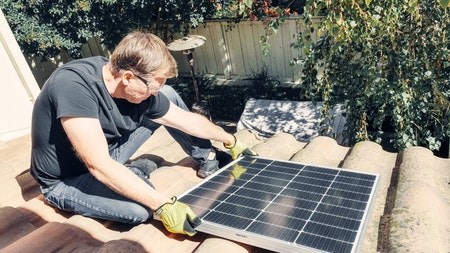Before loadshedding became a reality in South Africa, most urban dwellers didn’t pay much attention to where their electricity came from. Provided your prepaid meter was stocked up, you could reasonably expect to be able to switch on the lights and boil a kettle when you come home from work.
This is no longer the case, and many home owners and tenants are considering other options for powering lighting, cooking and other appliances when the power is off.
WATCH : Choosing the right solar solution for your home
Gas is a good option for cooking, but to operate lights and other appliances, you need an alternative source of power, such as a generator or an inverter.
Both can power different appliances in your home, business, or recreational area when grid electricity isn’t an option. The one you choose will depend on how and where you need electricity.
Generators
A generator is an internal combustion motor attached to an alternator which produces alternating current (AC) electricity. They run on petrol or diesel and come in various sizes – from the entry level 950 Watt two-stroke units (which require oil to be mixed with the fuel) to 7 500-Watt four stroke units with a key start, automatic voltage regulation and seven hours of running time.
Generators tend to be noisy because of the type of motor, so they were previously mainly used on job sites where workers needed to power air compressors, nail guns, saws, hammer drills, and other equipment.
Because they use petrol or diesel, they emit exhaust fumes that are smelly and unhealthy to inhale. This means they should never be run in enclosed spaces, which effectively rules them out for use in flats or townhouse complexes.
The cost of running a generator is linked to the price of diesel and petrol, so you should also consider this when choosing an alternative power supply.
With engine sizes of up to 10 000 Watts, generators can produce more power than an inverter so that you can run more appliances.
Generators typically have a lower initial cost than inverters and are more affordable if you need a lot of power.
Inverters
An inverter converts power from a direct current (DC) source like solar panels or deep cycle batteries into alternating current. The electricity can be at any required voltage; in particular, it can operate AC equipment designed for mains operation, such as computers, televisions and lights.
Inverters are smaller and lighter than generators. They are also quiet, and there are no exhaust fumes, which makes them ideal for flats and townhouse complexes.
The system uses mains electricity or solar power to charge the batteries, so the running costs are linked to the price of electricity unless you are using solar panels. Batteries don’t require much power to keep them charged, but they do need to be replaced periodically – usually after two years. Currently, the price for one deep cycle battery is around R2 500.
You would plug your inverter into an electrical outlet and switch it on for home use. The batteries will charge while the mains power is on. When the mains power is off – during loadshedding or for any other reason – the inverter unit will automatically run whichever appliances are linked to it.
You could efficiently run a computer, a Wi-Fi router, a television and a decoder as well as one or two lights for about four hours using a 1 000 W inverter with two batteries. Of course, if you wanted to run more appliances, you would need a bigger inverter with more batteries.
Larger systems like the 4- or 5-kilowatt 48-volt units have four deep cycle batteries. These units also have solar connections so that you can use solar panels to charge the batteries rather than mains electricity. Larger units - 8 kilowatts and above – must be fitted by qualified technicians to work in combination with solar panel installations.
Now that you know the differences between inverters and generators, the system you choose will depend on the type and number of appliances to be powered and your budget.
Writer : Sarah-Jane Meyer




